Unveiling the Sweet and Bitter Truth: The Impact of Sugar Consumption on Your Health
Welcome to our blog post on sugar consumption: daily poison that we take! Nowadays in our foods and beverages, sugar has become a very common ingredient. From sweet treats to savory dishes, sugar seems to be everywhere, making it difficult to escape its allure. But do you know what the effects it causes to our bodies are? Everything about sugar and its impact on our teeth, heart, and health will be explored in this post. Let us know sugar in depth!
In our diets, sugar has been a frequent ingredient and to understand its effect on our body, it’s important to decode everything about it. Therefore, we will get to know all the aspects of sugar and its consequence on our health.
What is Sugar and Why is it so Prevalent in Our Diets?
Juice of sugar cane or sugar beets multiple steps, including clarification, evaporation, crystallization, and drying, in the refining process to obtain granulated sugar. This process removes impurities and concentrates the sugar into the familiar white crystals we commonly use.
Naturally found carbohydrate in foods is sugar. It is a sweet substance which enhances the flavor of dishes and beverages when added to them. However, it can have adverse effect on our body when consumed in excess amount.
Sugar are present in various forms such as sucrose, maltose, fructose, lactose, and glucose. Every sugar type has its own composition and its impact on our body. To choose correctly about sugar consumption , knowing about their difference is important.
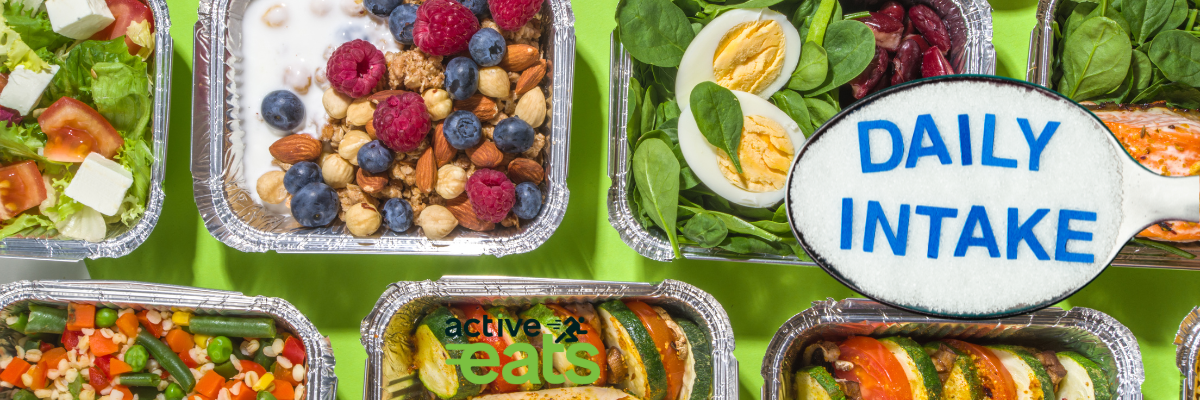
Sugar can lurk in unexpected places in our diets. Self-life and taste of processed foods, like cereals, dressing, and condiments, are increased by adding sugars. These hidden sources of sugar can contribute to our overall sugar consumption without us even realizing it.
How Does Sugar Affect Our Blood Sugar Levels?
Whatever we eat has some quantity of sugar in it. The sugar we eat gets broken down into glucose which is the primary source of energy for our cells which then gets absorbed into the bloodstream. This temporarily increases energy in the body by spiking blood sugar levels. But for health, frequent spikes in sugar level is not really good.
According to research, risk of type 2 diabetes can strongly be connected to excess sugar consumption . Due to excess sugar intake, our body experiences frequent glucose level spikes as a result of which, our body becomes resistant to insulin which results in blood sugar levels to rise.
Differentiating Between Natural and Added Sugars
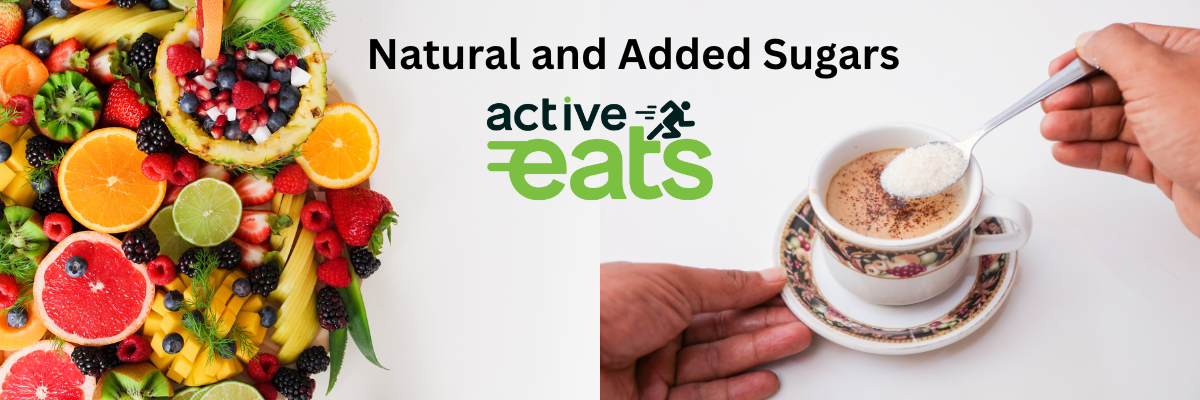
Natural sugars are those inherently present in foods like fruits and milk. They come packaged with other essential nutrients and fiber, which slows down their absorption in the bloodstream. On the other hand, added sugars include those added during food processing and preparation. No additional health benefit is present in these added sugars.
The Glycemic Index
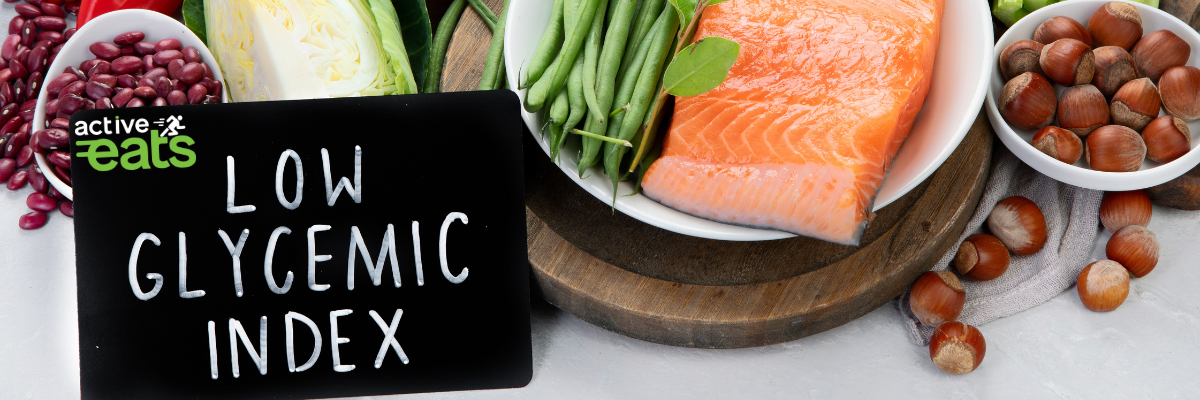
The time in which a food consumed rises blood sugar levels is glycemic index. Sweets and sugary beverages are high glycemic index foods which rapidly spike blood sugar and subsequently crash. To avoid this, it is better to go for options with food, such as whole grains and vegetables which are low glycemic index foods. They release energy slowly and for a longer period of time.
The Addictive Temptation from Sugar Consumption
When it comes to sugar, it’s hard to resist its allure. But why is sugar so addictive? Let us focus on science to know the reason behind the additive nature of sugar and its impact on brain.
Did you know that sugar can activate the reward pathways in our brain? Dopamine, a neurotransmitter related with reward and pleasure, is triggered by sugary items in the same way as with drugs, tobacco, and alcohol. This dopamine release creates a temporary feeling of happiness and satisfaction, which makes us crave more sugar.
Huge number of people is suffering from sugar addiction but some people are more vulnerable to sugar addition than others. According to research, genetics and childhood experience can be blamed for vulnerability towards sugar.
Battling Sugar Cravings
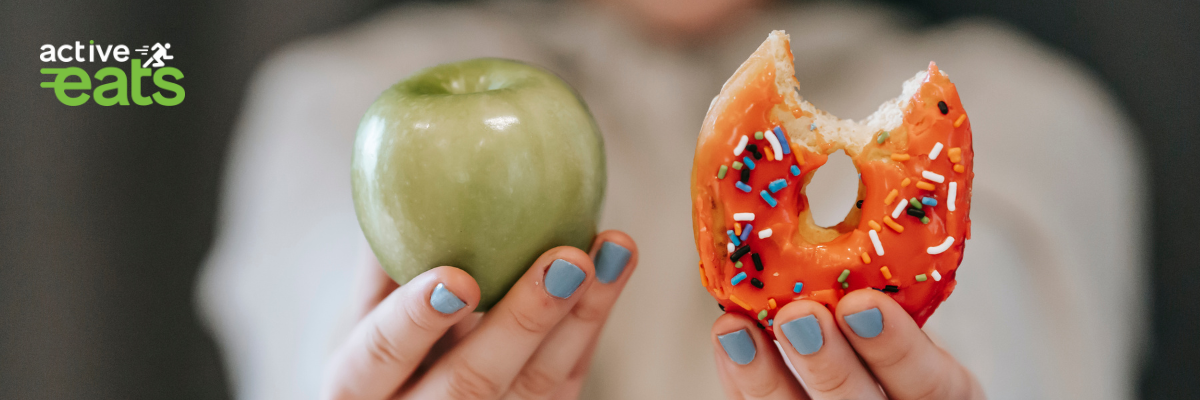
Craving for sugar is extremely hard to resist. The key to breaking free from sugar addiction is to find healthier alternatives to satisfy those cravings. Incorporating natural sweeteners like honey or using sugar substitutes can help curb the desire for sugar while still enjoying sweet flavors.
Here are some methods and tips to reduce sugar consumption to overcome with its addiction:
- Gradually decreases sugar consumption which will help in minimizing cravings.
- Balanced diet and hydration is to be done to keep stable your blood sugar levels.
- Find healthier coping mechanisms for stress and emotions instead of turning to sugary treats.
- Replace sugary snacks with healthy food options in your pantry.
Seek support from friends, family, or even a support group to stay motivated and accountable during your sugar-free journey.
Sweet Havoc: The Effects of Sugar on Teeth
Sugar has very worse effect on teeth and cause many dental problems. The most common culprit for cavities and tooth decay is consumption of sugar.
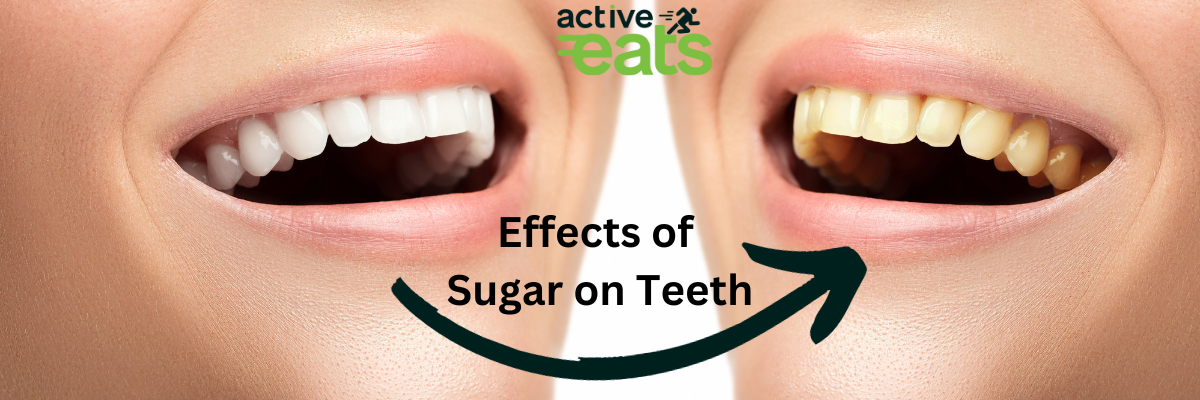
The main culprit behind tooth decay caused by sugar is bacteria. Bacteria in our mouths feed on the sugars we consume, producing acids that erode the enamel of our teeth. Over time, this acid attack weakens the enamel, eventually leading to cavities.
Dental hygiene practice is good to protect teeth from adverse effect of sugar. Brushing and flossing twice a day removes food particles and plaque stuck in teeth and tooth decay can be avoided.
To reduce tooth decay, it is advisable to cut down sugary items, like soda, candy which will make decrement in the amount of sugar available for bacteria to eat.
Moreover, fruits and vegetable are friends of teeth which increase the production of saliva. This helps in neutralization of acids present in mouth and maintains oral health.
In summary, excessive sugar consumption can lead to tooth decay and cavities caused by bacterial activity. Good oral health can be maintained by incorporating healthy food and dental hygiene in everyday routine.
A Hidden Danger: How Sugar Impacts the Heart
The impact of excessive sugar consumption on heart health is a matter of great concern. Cardiovascular diseases can also be increased because of excess sugar as per research. High sugar consumption can lead to a lot of heart problems and its overall functioning.
A natural response of our body to provide it from harm is inflammation. Chronic inflammation can be triggered by excessive sugar consumption which will put a strain on heart and can lead to strokes, heart attacks, or high blood pressure.
Also, consumption of more sugar can make body resistant to insulin which can result in type 2 diabetes.
To maintain heart health, it is crucial to limit sugar consumption . The daily limit of sugar for man is no more than 9 teaspoons (36 grams), and woman is no more than 6 teaspoons (24 grams), as per American Heart Association.
It is a challenging work to reduce sugar consumption but it is a necessity to do for your heart health. Some strategies to get you started are reducing sugar:
- Beverages like soda, energy drinks, tea and coffee with sugar should be avoided.
- Read labels and choose foods with low sugar content or no added sugars.
- Opt for natural sweeteners like stevia or honey instead of refined sugar.
- Focus on whole foods and cook meals at home to have better control over sugar consumption .
Seek support from friends, family, or a healthcare professional to stay motivated and make sustainable changes.
By having healthy lifestyle and avoiding sugar, you can reduce the occurrence of heart issues to a significant action.
Correlation Between Sugar Consumption and Obesity
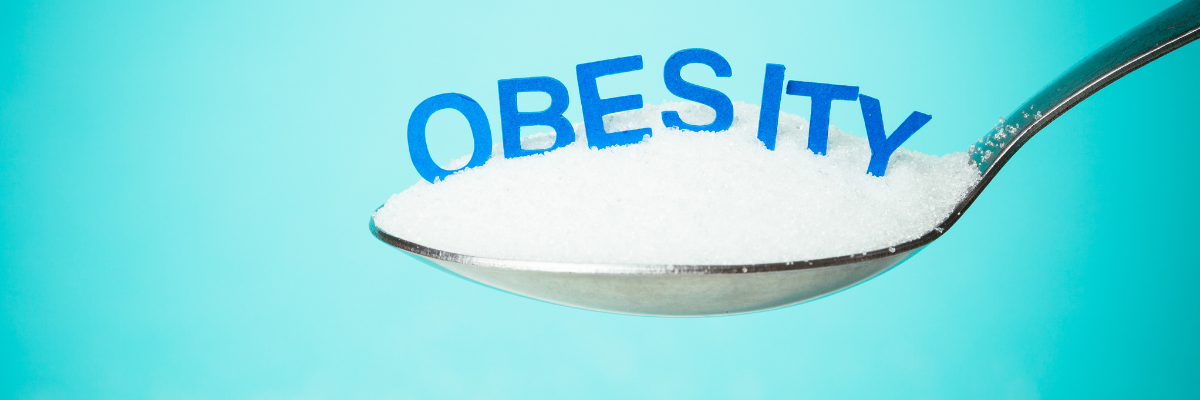
The excessive consumption of sugar has been closely linked to obesity. Body fat percentage and weight is increased by use of sugar as it is calorie dense with negligible amount of nutrients.
To protect our health, it is crucial to control our sugar intake. To make heart healthy, liver work properly, insulin to work its way and to improve overall health, it very essential to moderate the use of sugar in diet.
The Connection between Sugar and Diabetes
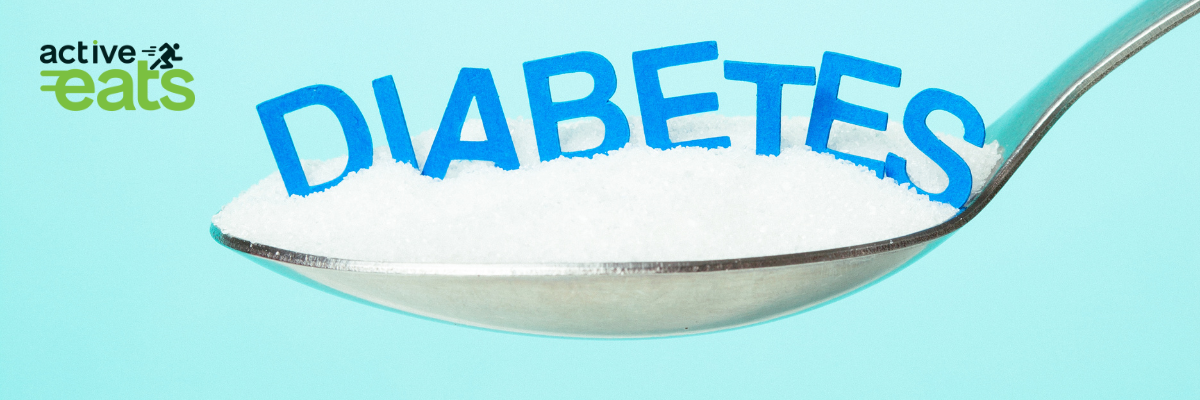
A problem which is faced worldwide by a large number of people is diabetes. The reason of this is many and sugar having a key role in increasing the risk to diabetes is a research and debatable topic.
Type 2 diabetes, which is a person becoming resistant to insulin, can be developed by high sugar intake. Blood sugar level spikes after sugar consumption from food items. To regulate this, pancreas releases insulin
The role of insulin resistance in type 2 diabetes and sugar
In type 2 diabetes, the cells in our body become less responsive to insulin leading to high blood sugar levels by making it harder for glucose to enter cells. So this excess sugar intake plays a major in development of diabetes.
The link between sugar-sweetened beverages and diabetes
Sodas and fruit juices with added sugar should be avoided as they are most concerning for diabetes risk. In long run, insulin resistance and weight gain happen because of these drinks as they are high in added sugars with empty calories.
Tips for managing blood sugar levels and reducing diabetes risk:
- Choose whole foods and opt for natural sources of sweetness like fruits.
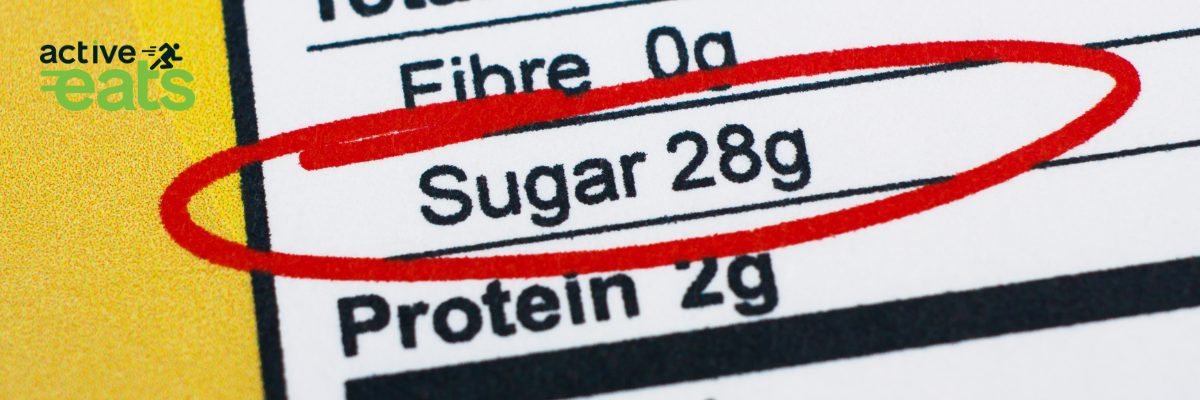
- Read food labels and avoid products with high sugar content.
- Monitor portion sizes and practice moderation when consuming sugary treats.
- Healthy weight should be maintained by staying physically active.
- Work with a healthcare professional to create a personalized diabetes management plan.
Sugar Unveiled: How Much of it is Hiding in Your Favorite Foods
Do you realize the amount of sugar present in your delicious food items? It might surprise you to discover just how much sugar is hiding in everyday items that you enjoy.
Reading labels carefully is crucial to understanding the amount of daily sugar consumption from our food. Cereals, granola bars, yogurts and many processed foods has considerable amount of added sugar to them. Even savory items like ketchup and salad dressings can be packed with hidden sugars.
Check the nutrition labels on products you buy on your next visit to grocery store. you will see names like, sucrose, glucose, fructose, and corn syrup, which are no other than sugar.
They can also have agave nectar or honey, some healthy sounding names to fool you as they have some nutritional value but still having high sugar.
Let us see some common items and amount of sugar in them:
- A can of soda can contain about 39 grams (or 10 teaspoons) of sugar
- A chocolate bar may have around 25 grams (or 6 teaspoons) of sugar
- A bowl of flavored yogurt can contain 20 grams (or 5 teaspoons) of sugar
- A slice of white bread has approximately 2 grams (or half a teaspoon) of sugar
To make right choices, it is necessary to know what is present in your favorite foods and amount of sugar in them. Consider swapping out sugary snacks and drinks for healthier options, such as fresh fruits or infused water.
Breaking Free: Embarking on a Sugar Detox Journey
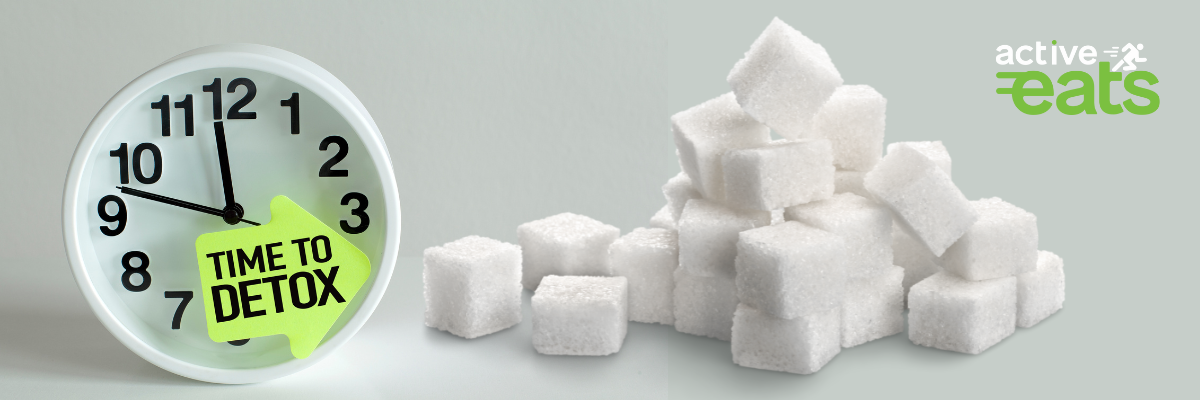
A process in which sugar is eliminated or reduced in a considerable amount is called sugar detox. It involves cutting out all sources of added sugar consumption and focusing on whole, unprocessed foods. To reset taste buds, reduce cravings of sugar, and improve overall health, sugar detox is the way.
Here are some steps to begin your successful sugar detox:
- Set clear goals: Define why you want to do a sugar detox. Have clear goal for weight loss and health improvement which will keep you motivated.
- Clean out your pantry: Make your kitchen free from all sugary items and drinks. This includes sodas, candy, cookies, and even hidden sources of sugar like salad dressings and condiments.
- Stock up on nutritious foods: Introduce healthy foods like vegetables, fruits, healthy fats, and lean proteins your pantry and fridge. This will get you started on your healthy free of sugar diet.
- Plan your meals: Plan your meals and snacks for a whole week. This will help you avoid impulsive choices and ensure you have healthy options readily available.
- Find healthy alternatives: Explore sugar alternatives and natural sweeteners such as stevia, monk fruit, or dates to add sweetness to your recipes and beverages.
- Stay hydrated: To help stop cravings, stay hydrated whole day.
- Stay accountable: Share your sugar detox journey with friends or family members who can support and encourage you. You can record your progress by keeping a journal.
- Manage cravings: When sugar cravings strike, distract yourself with activities like going for a walk, practicing mindfulness, or enjoying a favorite hobby.
- Focus on self-care: Use the sugar detox as an opportunity to prioritize self-care. Good sleep, exercise, meditation, and yoga should be included in routine.
You should keep in mind that sugar detox is taking a break from sugar to maintain healthy lifestyle but not to deprive yourself. After completing a sugar detox, you can reintroduce natural sources of sugar in moderation and make more conscious choices about the sugar you consume.
Sugar Alternatives: Finding Healthy Substitutes for your Sweet Tooth
Many healthy and tasty alternatives of sugar are available to satisfy your sweet tooth. Let’s see some options:
- Natural Sweeteners
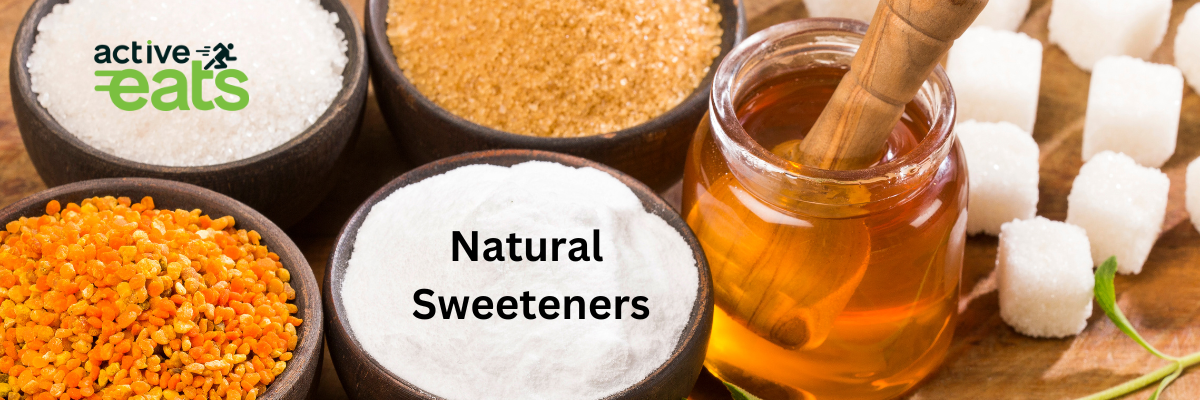
Sweeteners available in nature like maple syrup, agave nectar, or honey can be consumed in place of refined sugar. These have nutrient value and are less processed and contain beneficial nutrients.
- Stevia
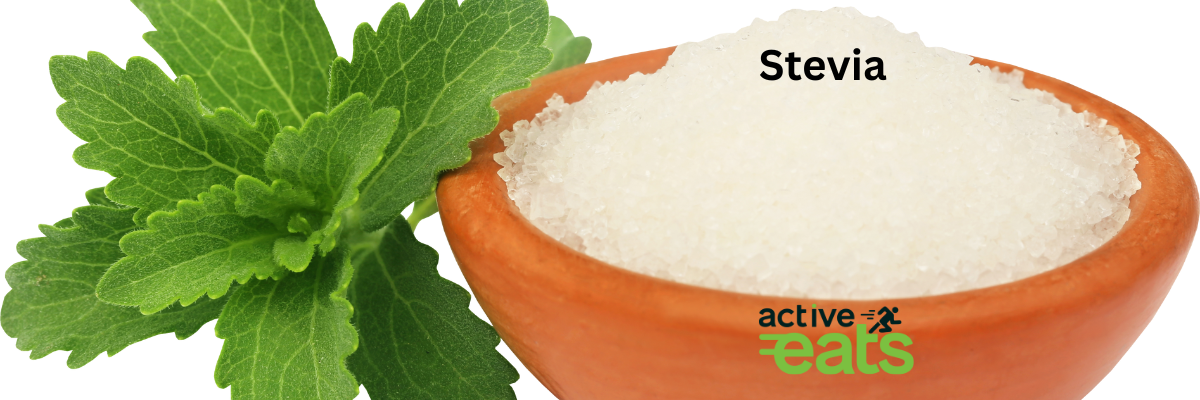
Stevia is a calorie free alternative obtained from stevia plant, which makes it ideal for people with diabetes or on sugar detox diet.
- Monk Fruit Extract
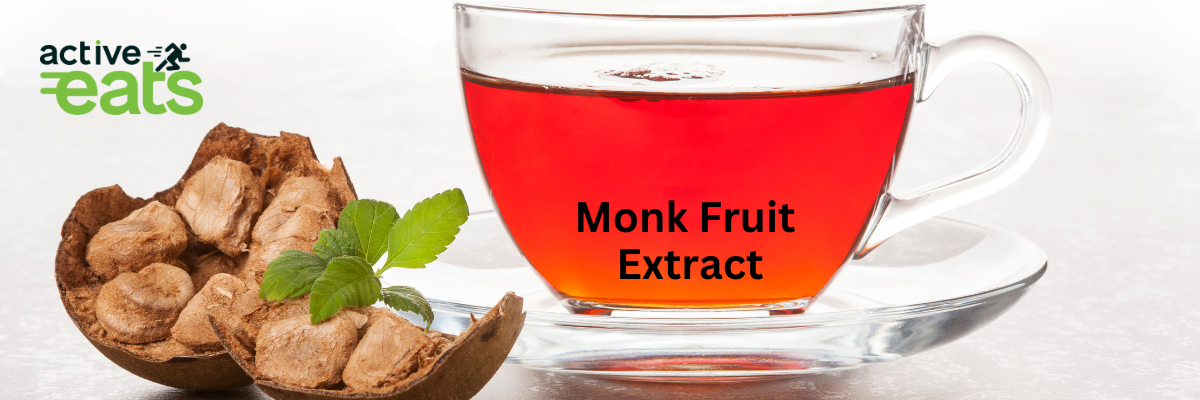
Monk fruit extract, a natural sweetener, obtained from monk fruit. It can be used in different dishes with giving you zero-calorie.
- Coconut Sugar
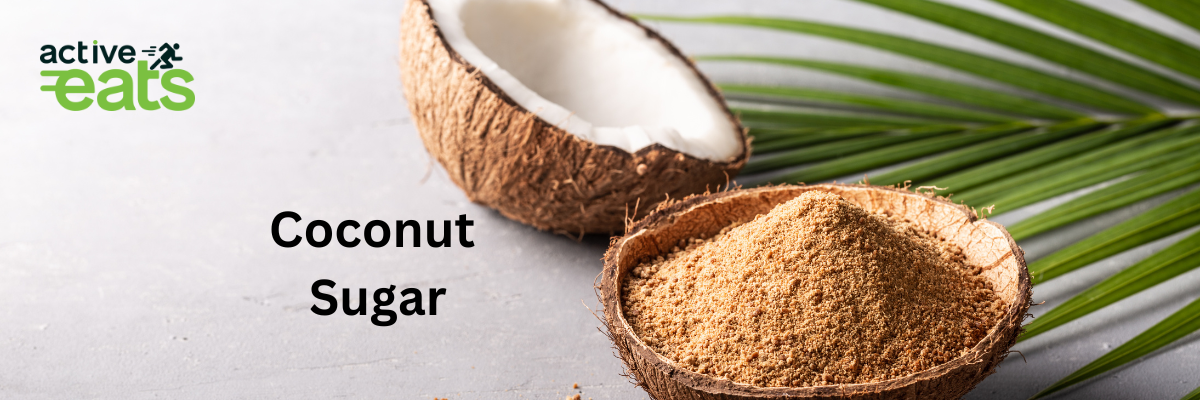
By extraction from sap of coconut palm trees, coconut sugar is obtained. Minerals like zinc, iron, and calcium are present in it. It is low in glycemic index is lower than regular sugar.
- Date Sugar
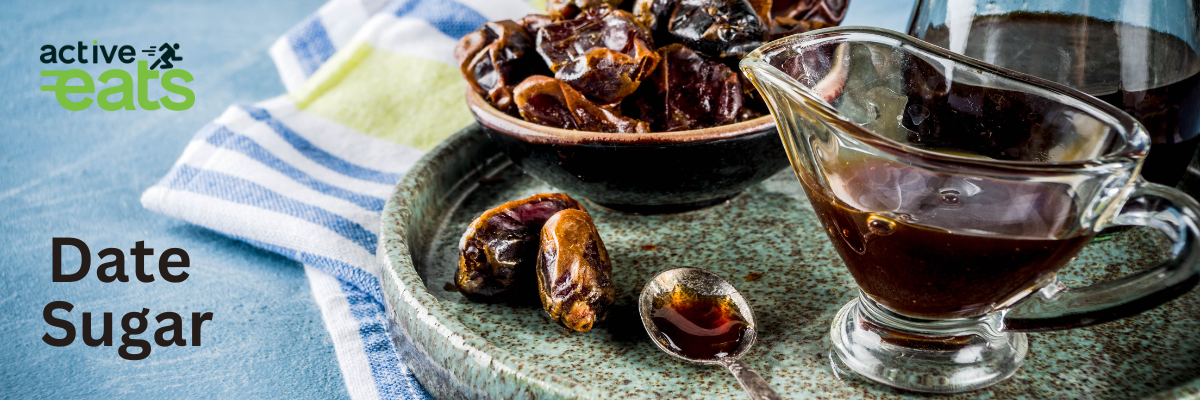
Date sugar is a sweetener made from dried and ground dates. It is a healthier alternative to regular sugar as it retains the fiber and nutrients found in dates. Even these natural sweeteners should be used in moderation as they also contain calories. Experiment with different options to find the ones that best suit your taste preferences and dietary needs.
Conclusion
In the end, we can conclude that sugar is very addictive in nature and found in a lot of foods in our routine. To protect your body from adverse effects of sugar, it is crucial to understand what are sugar, its composition, forms, and its hidden sources in processed foods. It is also important to know about added and natural sugar. Due to the addictive nature of sugar, it is quite difficult to eliminate or reduce its consumption. But with high determination, tips, knowledge, and strategies, it can be achieved. Tooth decay and cavities is also a concern because of high sugar intake. It is essential to take preventative measures and reduce our sugar consumption for optimal dental health.
Moreover, heart health can be affected leading to heart diseases, and even heart attack, by more sugar consumption. Liver diseases, inflammation, and obesity like issues can also be associated with sugar. Amount of sugar included in diet should be checked to keep body away from these problems.
Diabetes and sugar consumption are connected to each other. Therefore, to manage diabetes, sugar intake should be reduced. Best way to do so is to get informed for hidden sugar present in our food. This will make you to take correct choices and reduce sugar intake. Sugar detox is a great to reset your taste buds, so cravings for sugar is reduced and ultimately sugar consumption.
There are many natural sweeteners available for satisfying their sweet tooth. By incorporating these alternatives and making nutritious choices, we can still enjoy sweet flavors without the negative health consequences of excessive sugar consumption.
Overall, getting knowledge about sugar and following the steps to break the addiction of sugar will make life a lot better and healthier in the long run.

